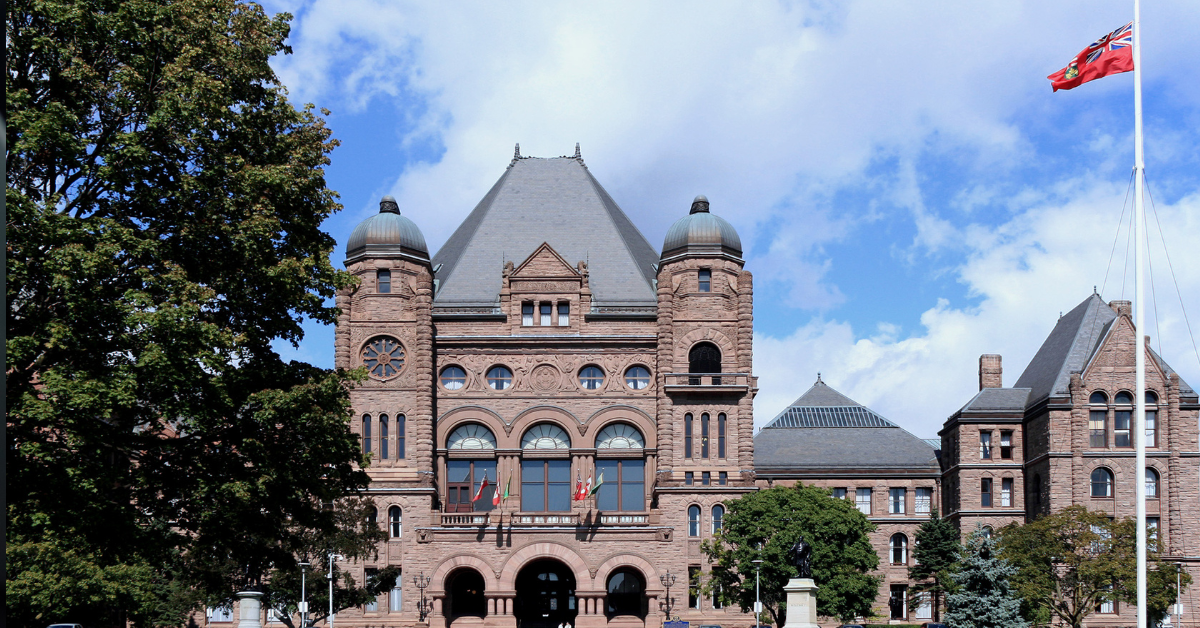The UHT must be filed for the first time in 2023 and all residential properties owned by non-residents, a private corporation, trust or partnership must file a return for each property, regardless of tax owed.
As of October 31, 2023, the 2022 UHT filing deadline has been extended to April 30, 2024, aligning it with the deadline for the 2023 UHT filing.
On March 27, 2023, the CRA announced that penalties and interest for the 2022 calendar year will be waived for late-filed UHT returns and late-paid UHT payments, as long as the UHT return is filed and payment made before November 1, 2023.
The Canada Revenue Agency (CRA) has released the Underused Housing Tax Return and Election Form. The UHT imposes a tax of 1% of the value on any residential property declared as vacant and owned by any non-resident, non-Canadian. Additionally, the UHT requires corporations, trusts and partnerships that own residential real estate to file a return, even if paying the tax is not required. First announced in the 2021 Federal Budget, the Federal Underused Housing Tax (UHT) came into effect in 2022. Thus, the UHT return will need to be filed with any UHT owed and paid for the first time in 2023. There are two separate and distinct components to understand your requirements regarding the UHT filing: (i) whether a UHT return filing is required and (ii) if there is an obligation to pay the UHT.
Do you need to file a UHT return?
- Non-resident, non-Canadian owners of residential real estate in Canada must file a UHT return even if there is no UHT obligation
- Private corporations, trusts and partnerships that own residential real estate must file a UHT return even if there is no UHT obligation
- Canadian citizens and permanent residents are exempt from filing the UHT return
Is the 1% UHT owed?
The 1% UHT is determined based on four categories: Owner, Availability, Occupant and Location. The following are the most common reasons an owner may be exempt from paying the UHT. For a comprehensive list, visit this Government of Canada website.
- Owner Exemptions
- A specified Canadian corporation, partnership or trust where each member, beneficiary or owner is an excluded owner and foreign owners do not own or control 10% or more of the entity
- The owner acquired the property in the year and did not own it at any time in the previous nine years
- The owner died in the year or prior year
- Availability Exemptions
- The property is under construction and not substantially completed before April
- The property is seasonably inaccessible or not suitable to be inhabited throughout the year
- The property is uninhabitable for at least 120 consecutive days due to ongoing major renovations
- Occupancy Exemptions
- The property is the primary place of residence for the year of the individual, their spouse or common-law partner, or their child attending a designated learning institution
- One of the following individuals occupies the property for at least a month and a total of 180 days of the year
- An arm’s length individual with a written agreement
- A non-arm’s length individual with a written agreement who pays a fair market value rent
- The owner or their spouse or common-law partner, parent or child who is a Canadian citizen or permanent resident
- Location Exemption
- A vacation property located in an eligible area of Canada (designated more rural areas) and used by the owner or their spouse or common-law partner for at least 28 days in the year
If you are still unclear if the UHT applies to you and your residential properties, this reference chart may be of assistance in helping you determine if you need to file and pay the UHT and how to calculate the tax.
The UHT return filing deadline is April 30th of the following taxation year, resulting in April 30, 2023 being the first UHT return filing deadline for 2022 taxation years. Penalties for failure to file a UHT return are severe, including a minimum of $10,000 for corporations and a minimum of $5,000 for individuals. While the UHT return filing deadline happens to coincide with the personal income tax return filing deadline, it is an entirely separate tax return and must be still filed separately. If you have questions about the UHT or any other personal and/or corporate tax return filing obligation, reach out to a tax expert at Bateman MacKay.




